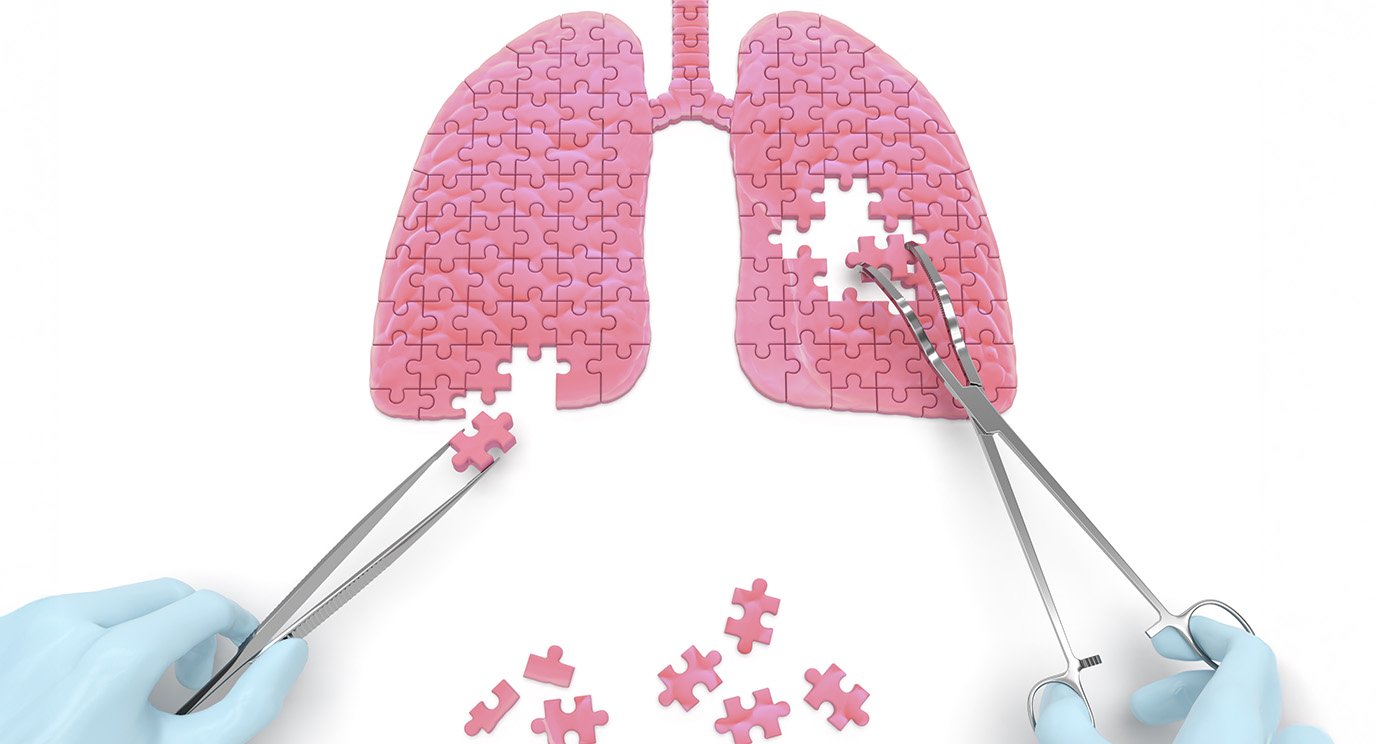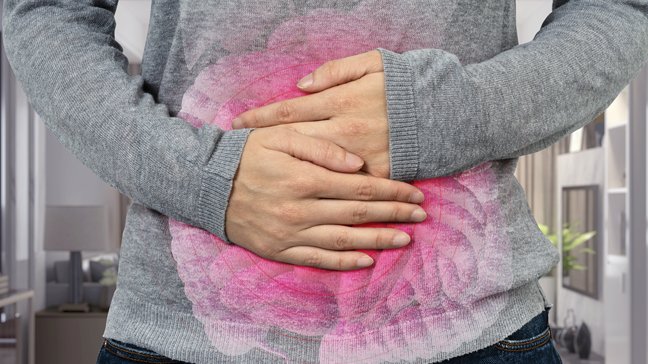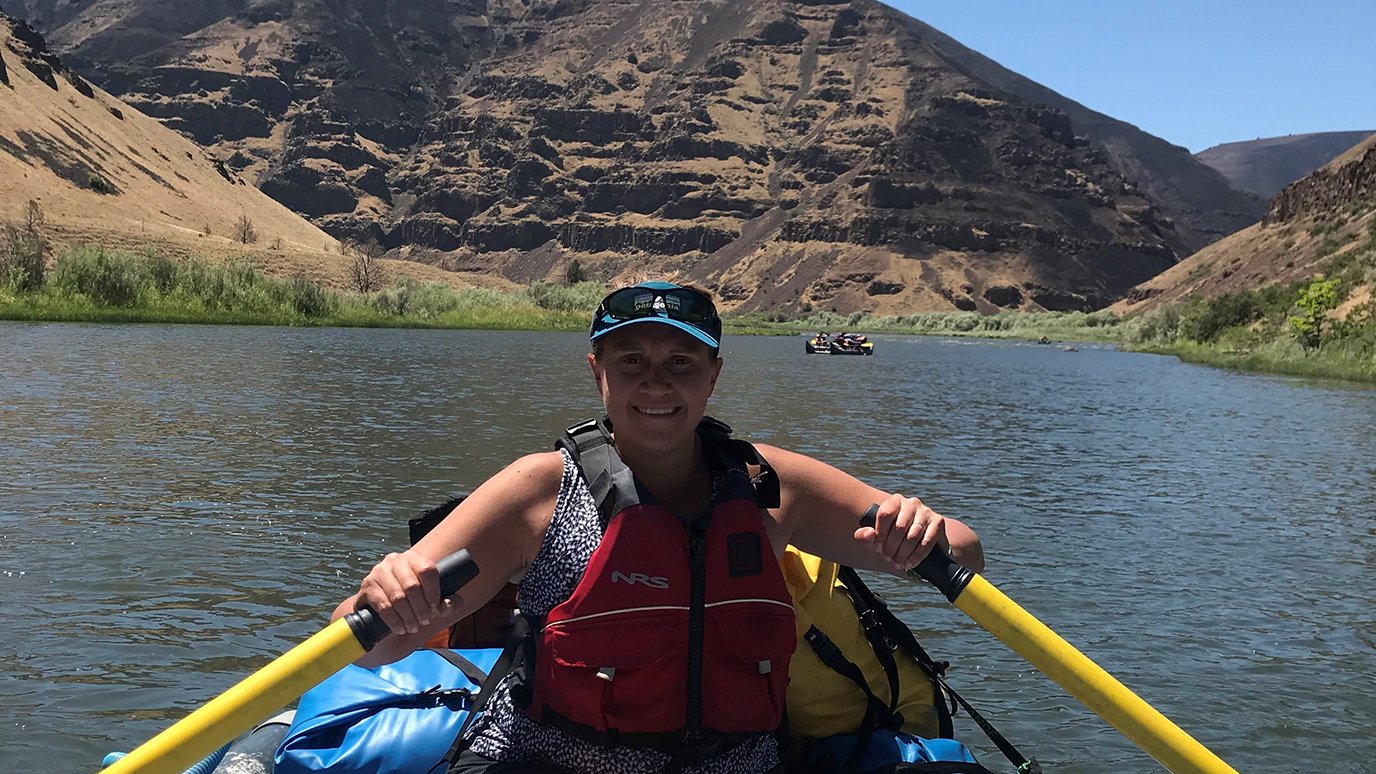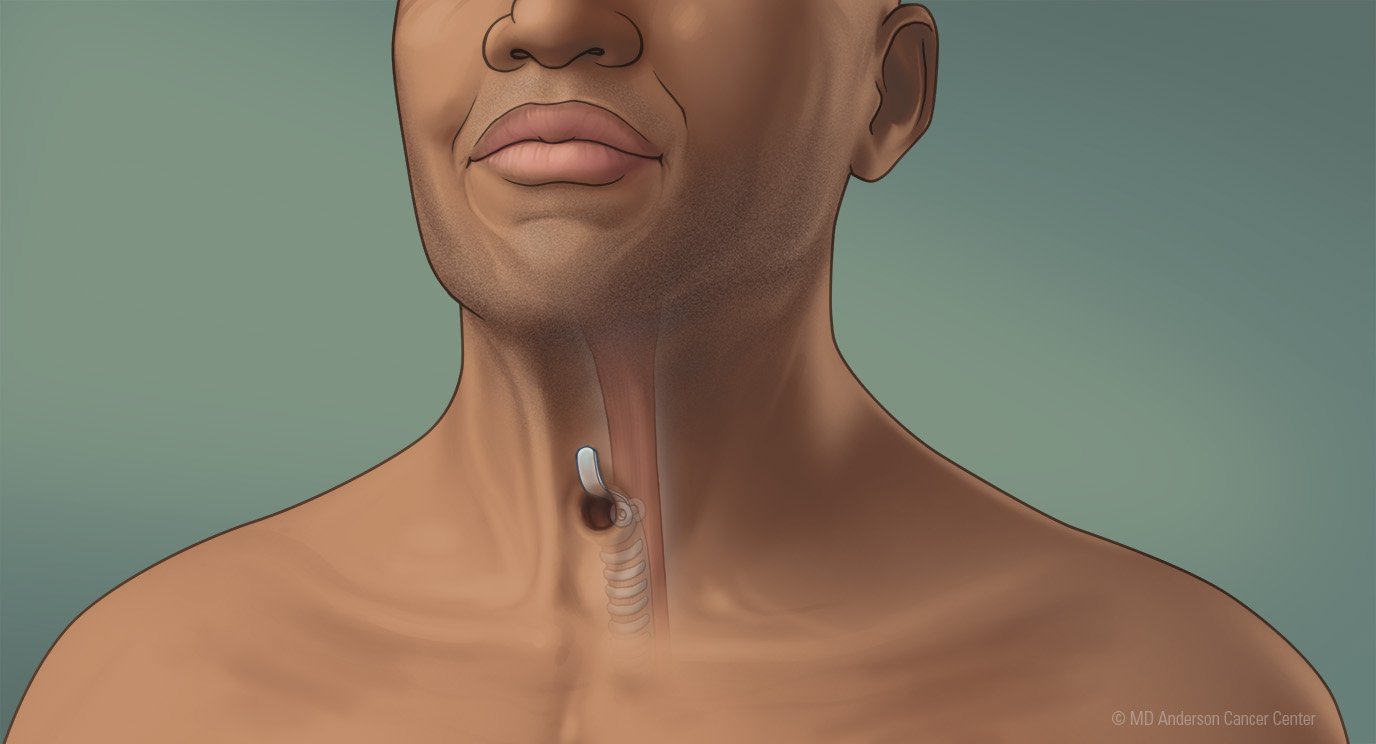- Diseases
- Acoustic Neuroma (14)
- Adrenal Gland Tumor (24)
- Anal Cancer (66)
- Anemia (2)
- Appendix Cancer (16)
- Bile Duct Cancer (26)
- Bladder Cancer (68)
- Brain Metastases (28)
- Brain Tumor (230)
- Breast Cancer (718)
- Breast Implant-Associated Anaplastic Large Cell Lymphoma (2)
- Cancer of Unknown Primary (4)
- Carcinoid Tumor (8)
- Cervical Cancer (154)
- Colon Cancer (164)
- Colorectal Cancer (110)
- Endocrine Tumor (4)
- Esophageal Cancer (42)
- Eye Cancer (36)
- Fallopian Tube Cancer (6)
- Germ Cell Tumor (4)
- Gestational Trophoblastic Disease (2)
- Head and Neck Cancer (6)
- Kidney Cancer (124)
- Leukemia (344)
- Liver Cancer (50)
- Lung Cancer (288)
- Lymphoma (284)
- Mesothelioma (14)
- Metastasis (30)
- Multiple Myeloma (98)
- Myelodysplastic Syndrome (60)
- Myeloproliferative Neoplasm (4)
- Neuroendocrine Tumors (16)
- Oral Cancer (100)
- Ovarian Cancer (170)
- Pancreatic Cancer (164)
- Parathyroid Disease (2)
- Penile Cancer (14)
- Pituitary Tumor (6)
- Prostate Cancer (144)
- Rectal Cancer (58)
- Renal Medullary Carcinoma (6)
- Salivary Gland Cancer (14)
- Sarcoma (236)
- Skin Cancer (296)
- Skull Base Tumors (56)
- Spinal Tumor (12)
- Stomach Cancer (60)
- Testicular Cancer (28)
- Throat Cancer (90)
- Thymoma (6)
- Thyroid Cancer (98)
- Tonsil Cancer (30)
- Uterine Cancer (78)
- Vaginal Cancer (14)
- Vulvar Cancer (18)
- Cancer Topic
- Adolescent and Young Adult Cancer Issues (20)
- Advance Care Planning (10)
- Biostatistics (2)
- Blood Donation (18)
- Bone Health (8)
- COVID-19 (362)
- Cancer Recurrence (120)
- Childhood Cancer Issues (120)
- Clinical Trials (628)
- Complementary Integrative Medicine (24)
- Cytogenetics (2)
- DNA Methylation (4)
- Diagnosis (230)
- Epigenetics (6)
- Fertility (64)
- Follow-up Guidelines (2)
- Health Disparities (14)
- Hereditary Cancer Syndromes (124)
- Immunology (18)
- Li-Fraumeni Syndrome (8)
- Mental Health (118)
- Molecular Diagnostics (8)
- Pain Management (62)
- Palliative Care (8)
- Pathology (10)
- Physical Therapy (18)
- Pregnancy (18)
- Prevention (898)
- Research (392)
- Second Opinion (74)
- Sexuality (16)
- Side Effects (604)
- Sleep Disorders (10)
- Stem Cell Transplantation Cellular Therapy (216)
- Support (404)
- Survivorship (322)
- Symptoms (184)
- Treatment (1776)
When should cancer patients seek emergency care?
BY Molly Adams
4 minute read | Published September 09, 2020
Medically Reviewed | Last reviewed by an MD Anderson Cancer Center medical professional on September 09, 2020
When you’re undergoing cancer treatment, it’s important to get the right care at the right time – especially when it comes to seeking emergency care. But, what qualifies as an urgent need? And when should you wait to see your primary care team?
Here, our Monica Wattana, M.D., shares what cancer patients and caregivers should know.
What qualifies as an emergency for cancer patients?
So, when should cancer patients actually go to an emergency room – and when can you wait until you can speak with your cancer care team?
If you’re worried about something regarding your health and can’t get in touch with your cancer care team, Wattana says you shouldn’t be afraid to go to an emergency room to get checked out. “Because most emergency departments are open 24 hours a day, they’re often the best place for you to go when you can’t call your oncologist,” Wattana says.
There are things that you may want to wait to talk to your primary doctor about instead of seeking emergency care. But there are a few cases where you should seek emergency care no matter what. These include:
- Fever: A temperature reading of 100.4 degrees Fahrenheit or higher is technically a fever, but you know yourself and you know what feels “off” to you, Wattana says. “If you’re feeling feverish, even if your temperature doesn’t read 100.4, you can visit the emergency room to identify the cause of the temperature spike and rule out any underlying infection,” she says.
- Suicidal thoughts or actions: You may not realize that thoughts of harming yourself are a reason to seek emergency care. But, especially if you’re in active treatment, you should visit your cancer center’s emergency department, if possible. That way, they can maintain your cancer treatment and help get you the mental health resources you may need.
- Pain: Cancer and its treatment can be very painful. If you’re experiencing worse-than-average pain, no matter the cause, you can seek care from an emergency care team. That can include pain that has nothing to do with your cancer or treatment. “Even if it’s for something like a broken bone, you should try to visit the emergency department at your cancer center -- called the Acute Cancer Care Center here at MD Anderson -- to get the right treatment for you,” Wattana says.
Communicate with your cancer care team
“If you’re in active treatment, you should try to go to your cancer center’s emergency department for urgent health care needs,” Wattana says.
Cancer patients often have complex medical histories and cases that emergency room doctors and staff don’t see frequently. But by seeking emergency care at the cancer center where you’re undergoing cancer treatment, you’ll receive care from emergency doctors who also understand cancer care and the potential side effects that may contribute to your complaint.
If you’re too far away from your cancer center to seek emergency care there, Wattana suggests going to the emergency room closest to you. “But you should let your primary care team know about emergency room visits, so they can help coordinate your care accordingly,” she adds.
Don’t let fear of COVID-19 exposure keep you from seeking emergency care
Most hospitals – especially emergency departments – have strict precautions in place to keep patients safe from COVID-19 exposure. But there are measures you should take to protect yourself, too. Before entering the hospital, make sure you’re wearing a face mask, practicing social distancing and using proper hand hygiene.
At MD Anderson, we have many COVID-19 safety precautions in place, including screening all patients for COVID-19, checking temperatures, restricting visitors and asking everyone to wear a mask at all times while on our campuses.
“If a patient comes to our Acute Cancer Care Center with a confirmed or suspected case of COVID-19, we have a designated area for them to receive care away from other patients, to help lower the risk of spread,” says Wattana. “Because cancer patients are so vulnerable to COVID-19, we really can’t take any chances when it comes to keeping them safe.”
If something doesn't feel right, get it checked out
Even little symptoms can turn into big problems if they're not addressed early on, Wattana says. If something just doesn’t feel right, don’t hesitate to get it checked out.
“The peace of mind that can bring can be very comforting, especially while you’re going through cancer treatment,” she says.
Request an appointment at MD Anderson online or by calling 1-833-758-1349.

Even little symptoms can turn into big problems if they're not addressed early on.
Monica Wattana, M.D.
Physician





